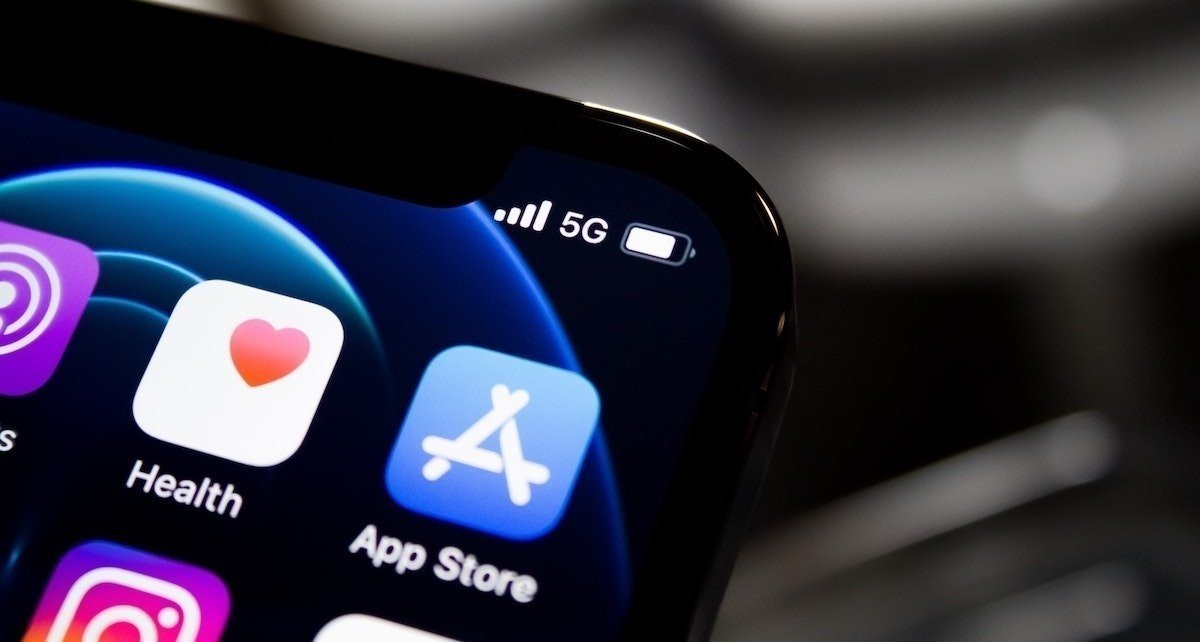The chair of Australia's competition watchdog says "upfront rules and regulations" might be necessary to curtail perceived effects of Apple and Google's duopoly in the app store space.
In a speech prepared for the Global Competition Review webinar scheduled for Thursday, Rod Sims, chair of the Australian Competition and Consumer Commission, plans to address the topic of app store competition and outline steps the body may take in response to anti-competition concerns, reports The Guardian.
"It is likely, however, that upfront rules and regulation may be needed to achieve these objectives," Sims said, according to an advance copy of his speech seen by the publication. "We are closely following overseas moves that aim to address the same competition and consumer concerns that we have identified."
Sims goes on to note international efforts to investigate Apple and Google's app store practices, as well as other sectors of the tech giants' respective businesses. For example, the European Commission's scrutiny over Apple Pay and a more recent examination of the App Store are mentioned, the report said.
The government inquiries and a legal thrust initiated by Epic Games against both companies could lead to a more competitive app store marketplace, potentially negating the need for ACCC intervention, Sims suggests. That path would require regulators to have "international coherence and alignment" to succeed, however.
"The key point is that while these enforcement actions and market studies are necessary to tackle the problems arising from dominant digital platforms, they are not enough on their own," Sims says in the speech. "Our own work at the ACCC must be tailored to match our own issues and concerns. But although the finer details of our approaches may vary, competition authorities can still achieve successful global outcomes by aligning their approaches to both enforcement and regulation."
Sims' statements arrive amid an extensive and ongoing ACCC Digital Platform Services Inquiry that scrutinizes various aspects of apps, mobile app stores, internet search, web browsers and more. Reports are issued every six months, with an interim report in April taking aim at preinstalled apps, app payments processing, developer fees and third-party app stores.
Apple for its part lists user security and privacy as key arguments against allowing third-party app distribution on iOS. Google in a statement to The Guardian said it provides a safe and secure platform with the Play Store, but noted that Android users are free to obtain apps through alternative means.
 AppleInsider Staff
AppleInsider Staff







-m.jpg)






 Christine McKee
Christine McKee
 Malcolm Owen
Malcolm Owen
 Marko Zivkovic
Marko Zivkovic

 Andrew Orr
Andrew Orr
 Andrew O'Hara
Andrew O'Hara
 William Gallagher
William Gallagher





-m.jpg)



7 Comments
Page 1 here regarding Apple:
Bad To Jail Breaking Community
Bad Not To Use Certain Terms In Asia Region
Bad Watch
Bad To Podcasters
Bad App Store Policy
It's the supermarket check out line Hollywood gossip magazines -- only this is online and substitute Apple in place of Hollywood.
It may be funny but I'm guessing it is where the most clicks come from. The only thing I'd say to that is once you go from A to B, it is very hard to get back to A (even when B stops getting so many clicks)
Opening the app store or allowing multiple app stores do not solve competition problems.
The largest smartphone OS is available with numerous stores - many of which are included by default by device manufacturers. However Google's store is dominant on Android OS. Stores that offer alternative rules, rating-free applications, free or pirated software all exist - however the appetite for such stores is small.
The likes of Epic continually make the argument that there is a great desire for such options, but there isn't, this is evidenced by the low appeal of the Epic store on desktop OS's: where no such limitations exist.
Smart phones users would be worse off to have a litany of unconnected stores, rather than a single curated option - this is before considering the security, privacy and consumer-protection shortfalls such misalignment introduces.
Then on to Sony, Microsoft and Nintendo